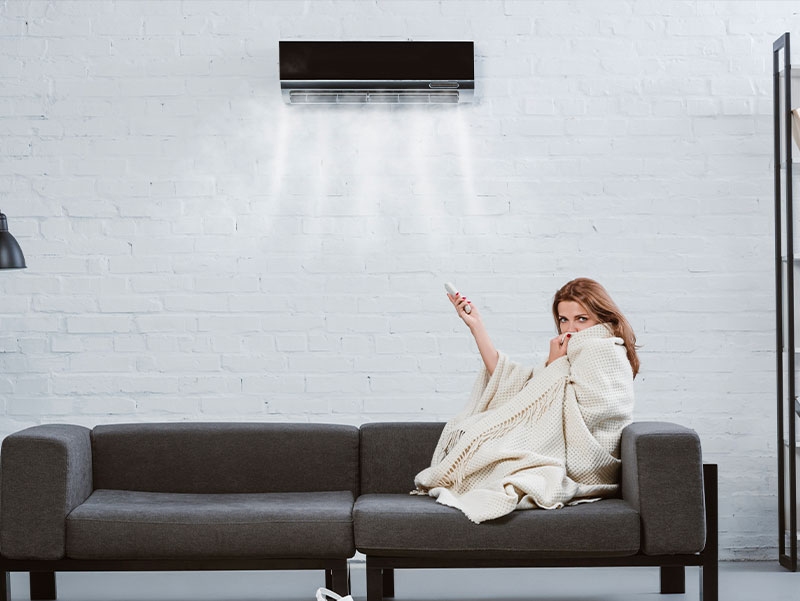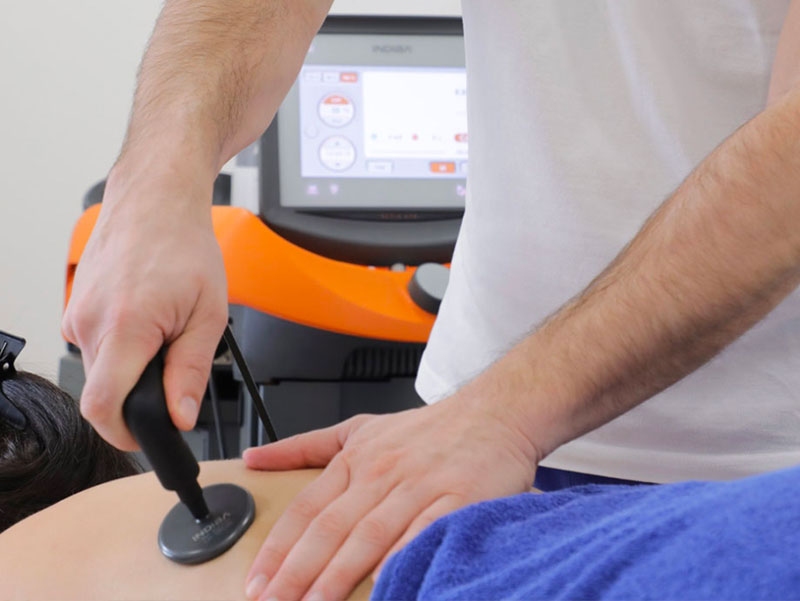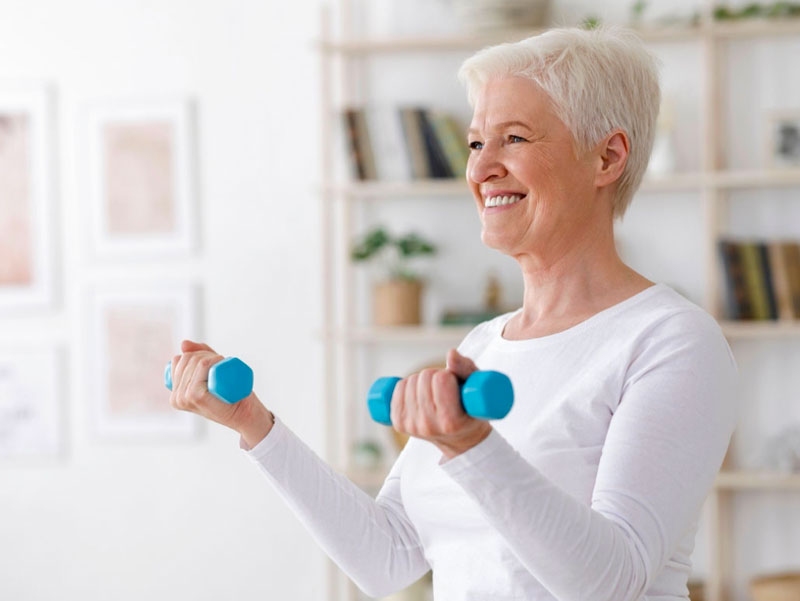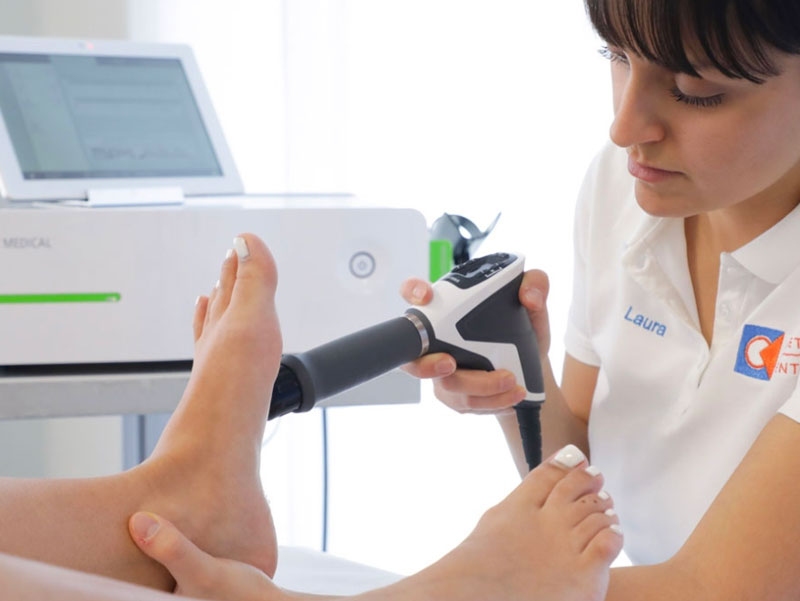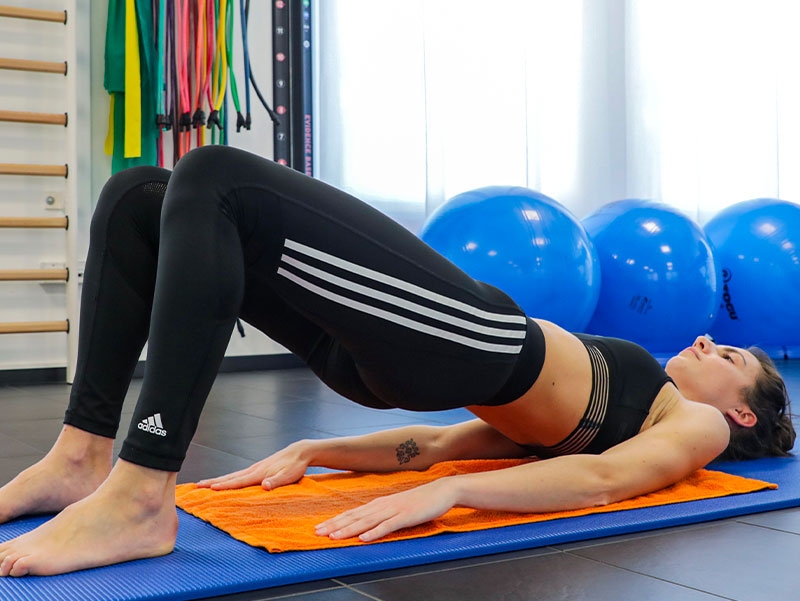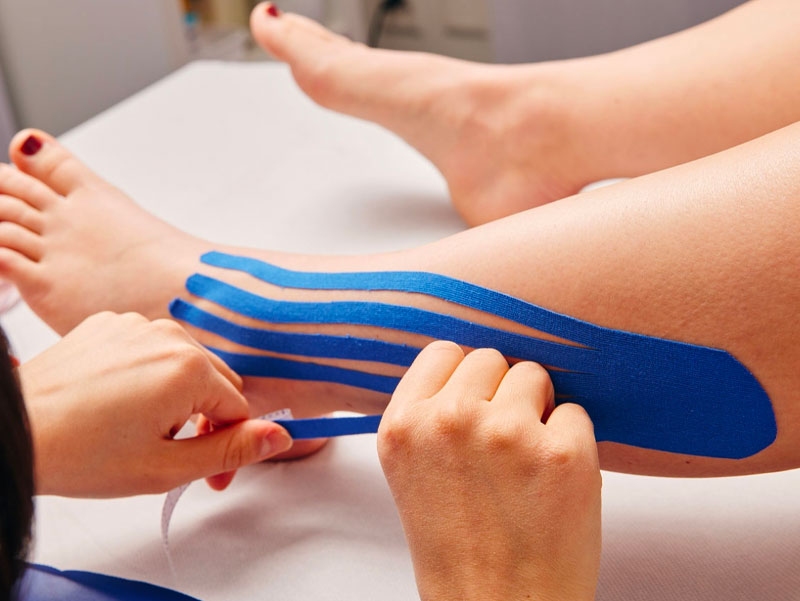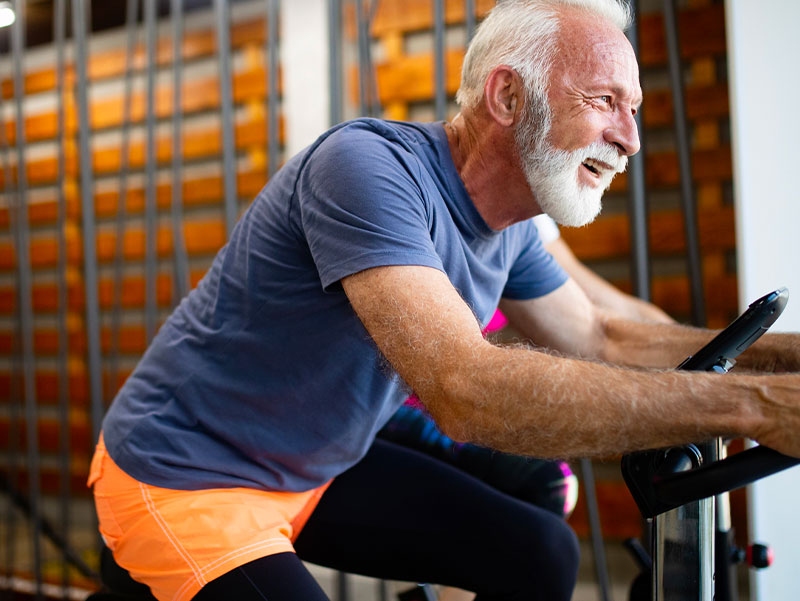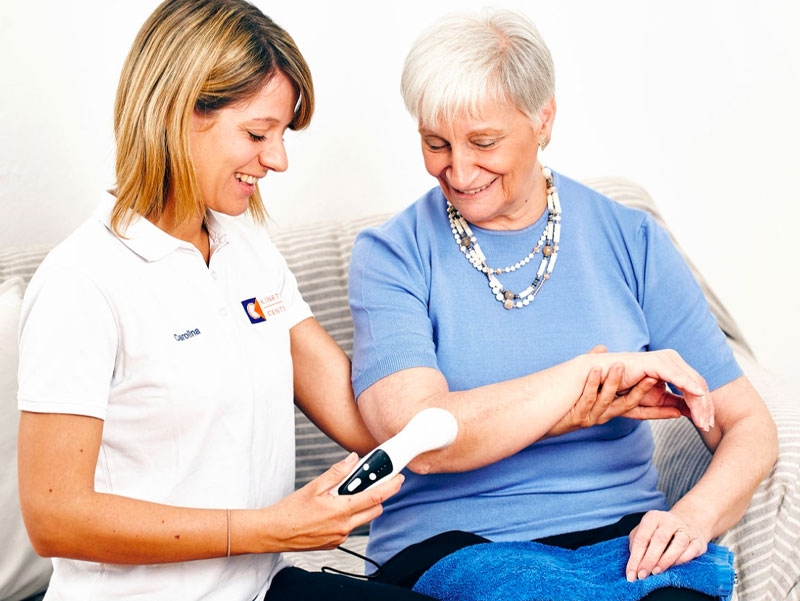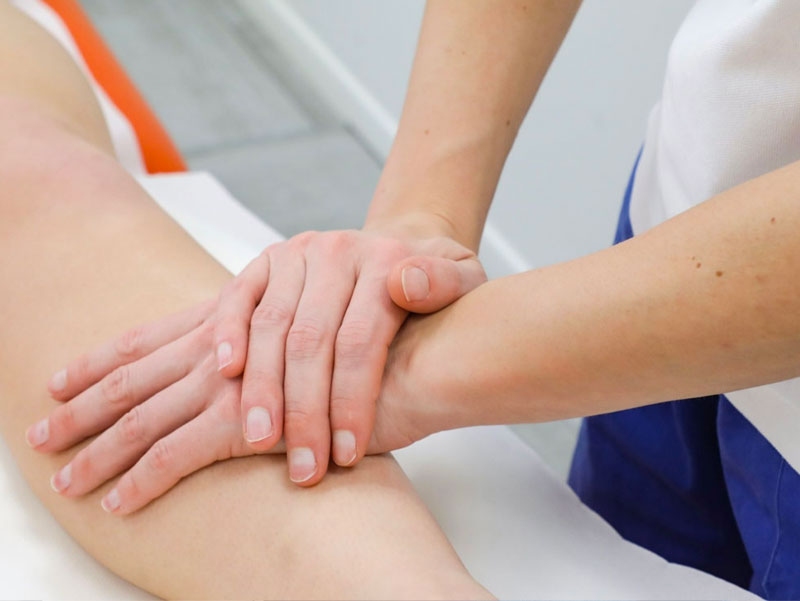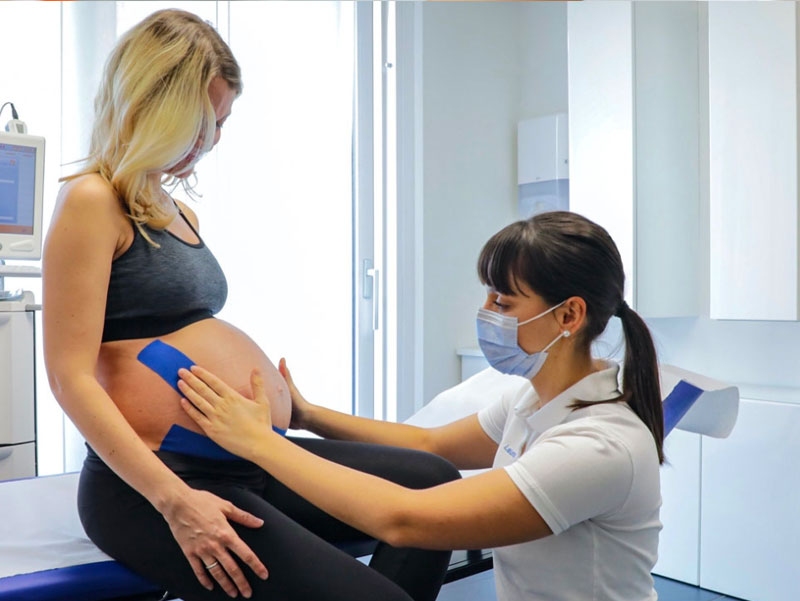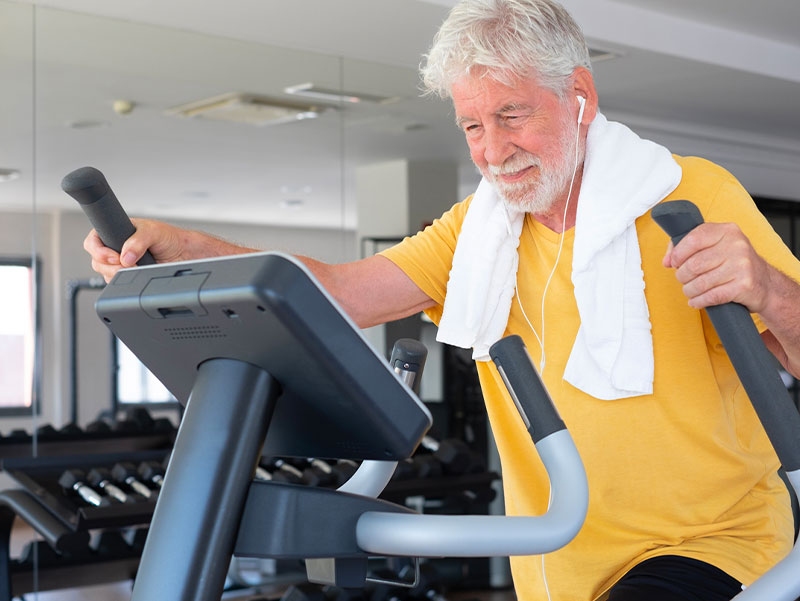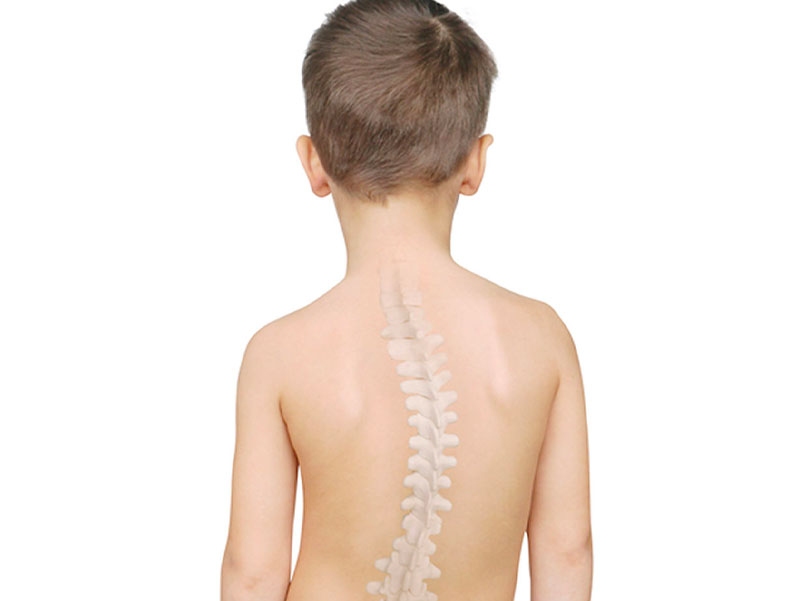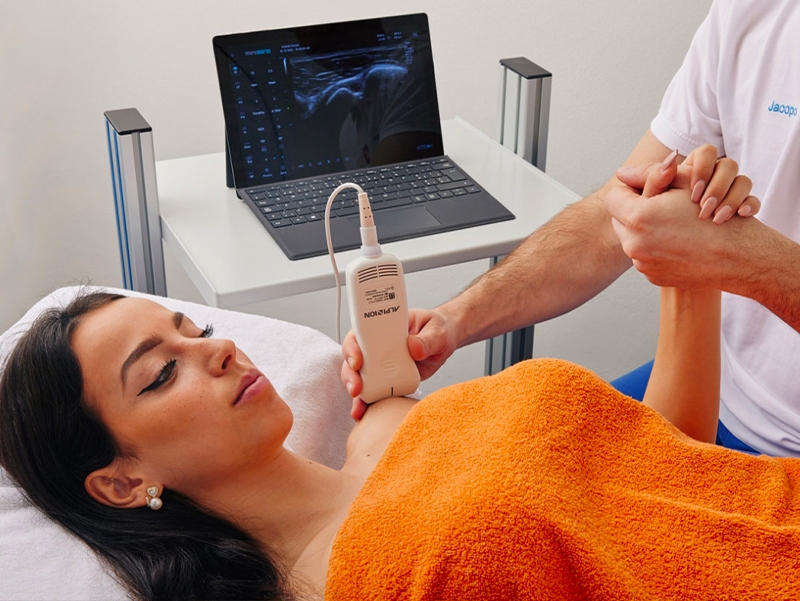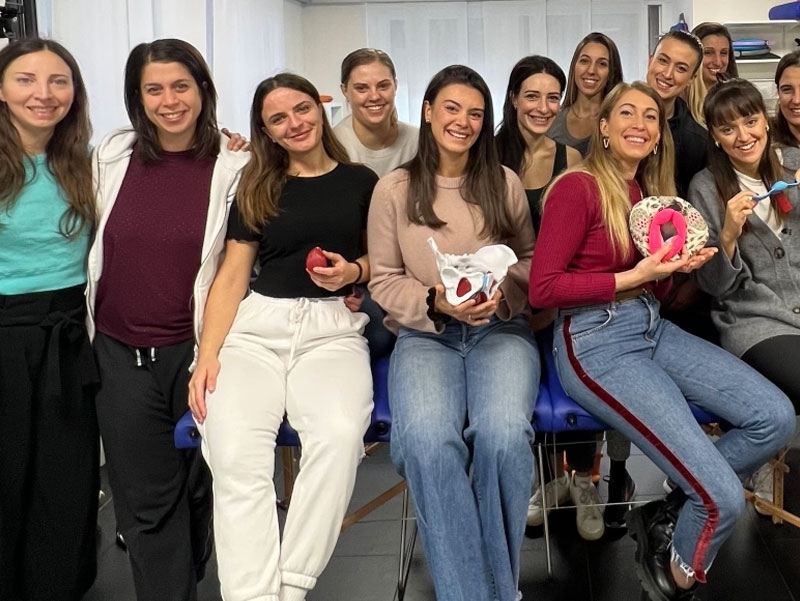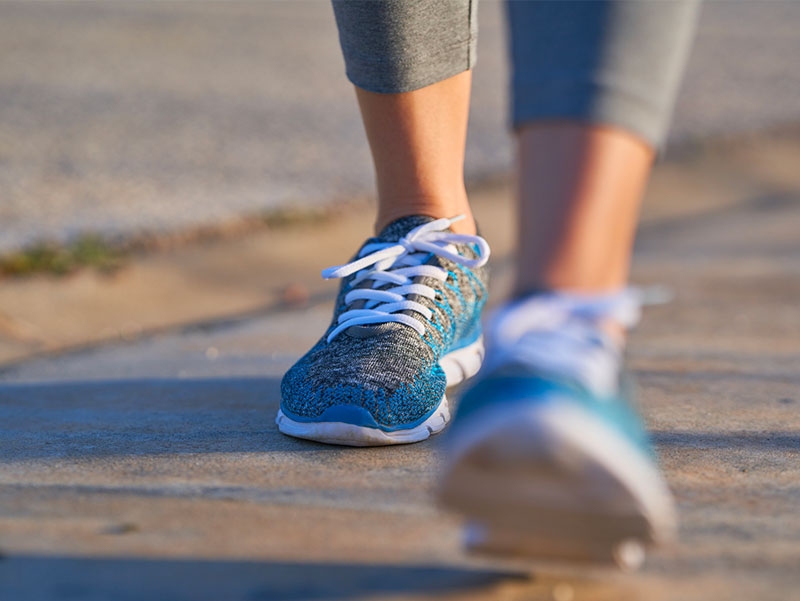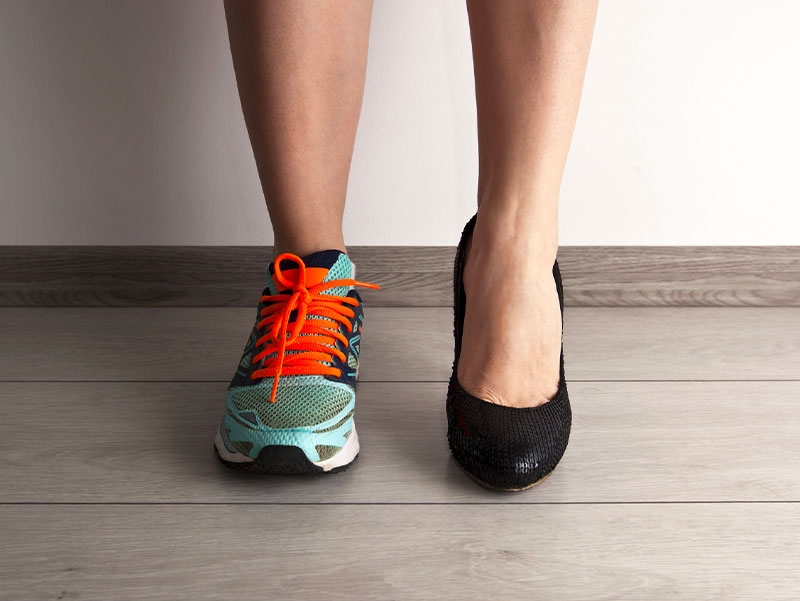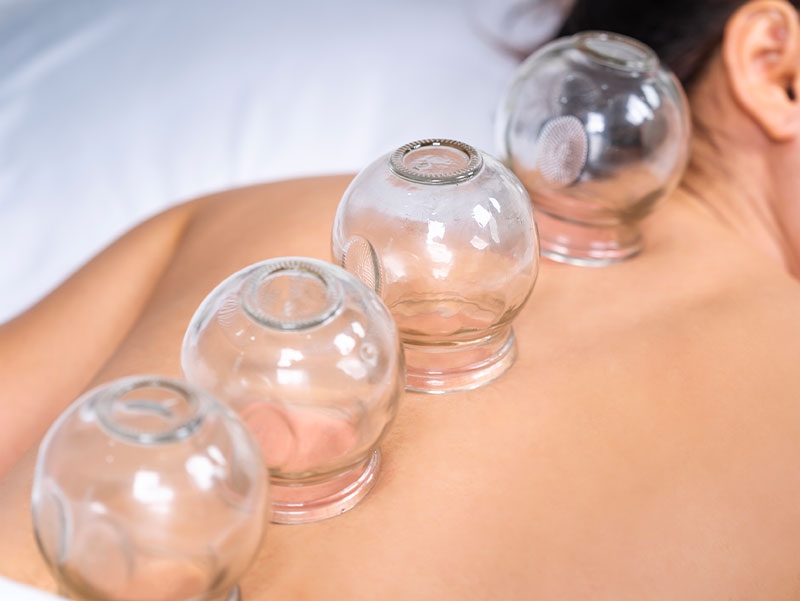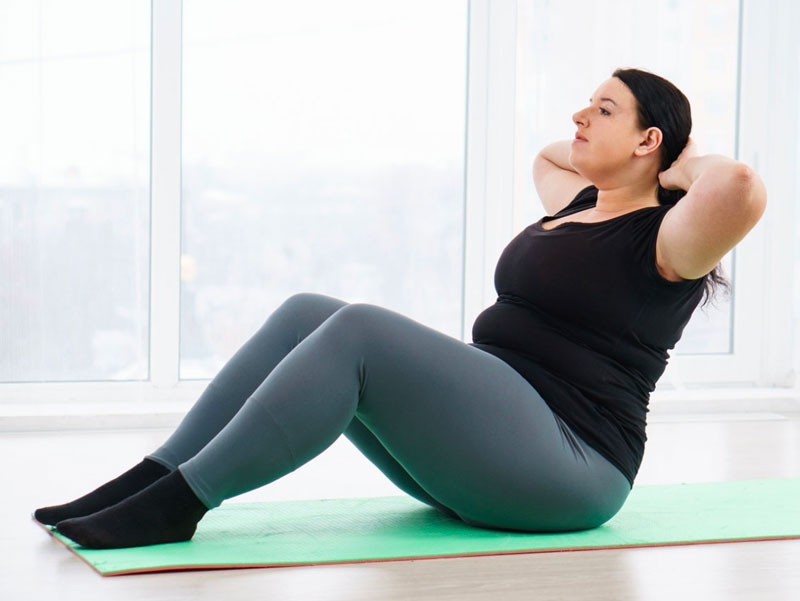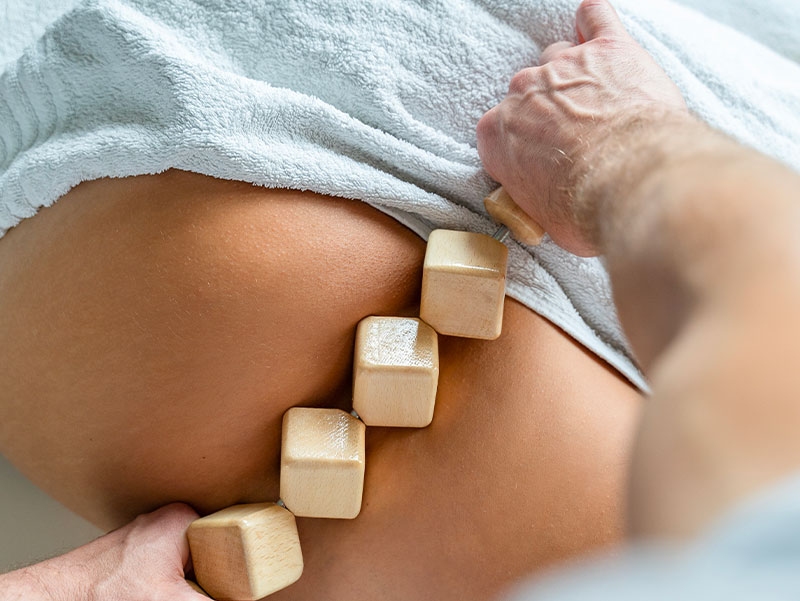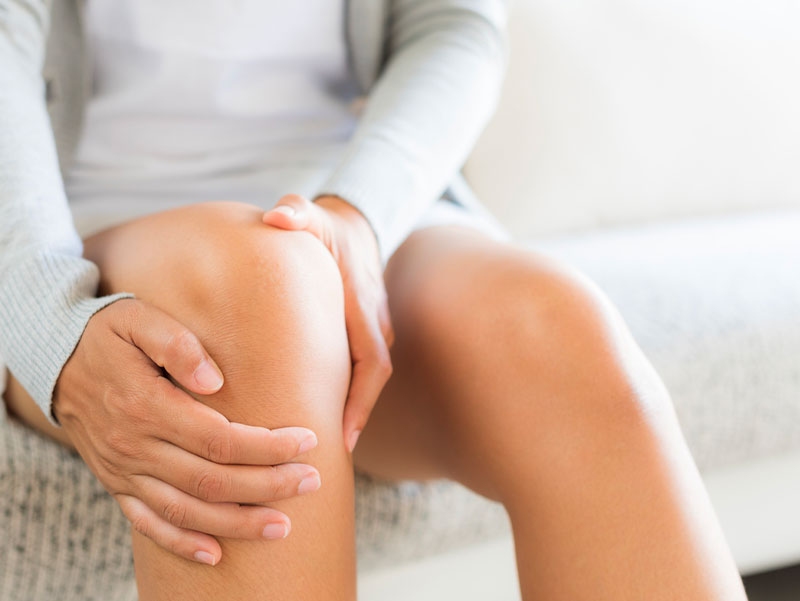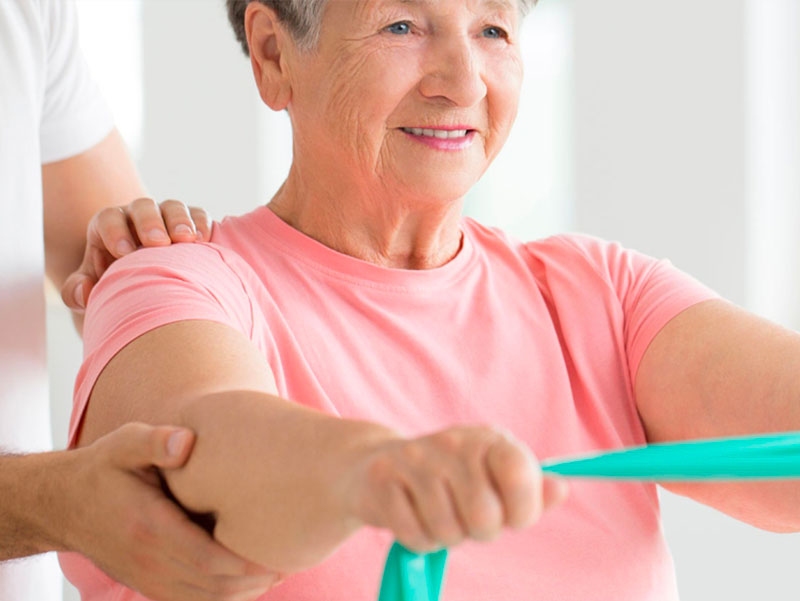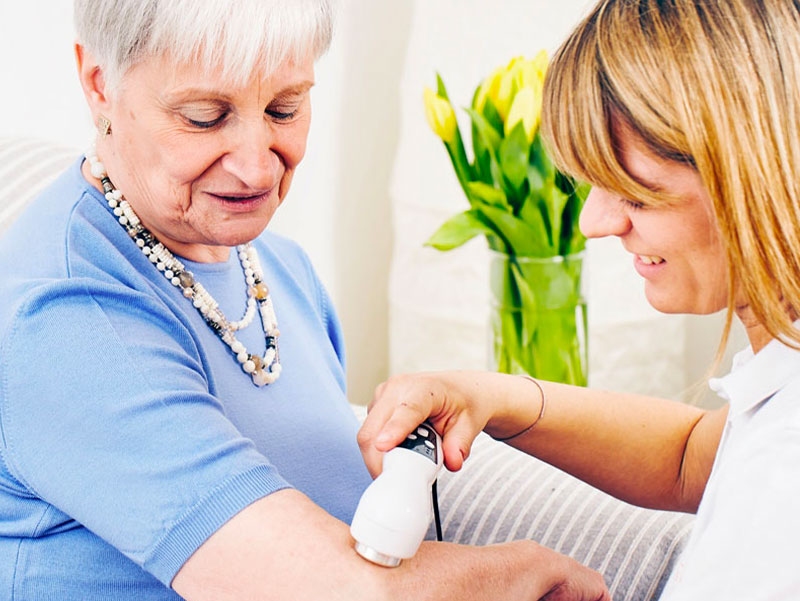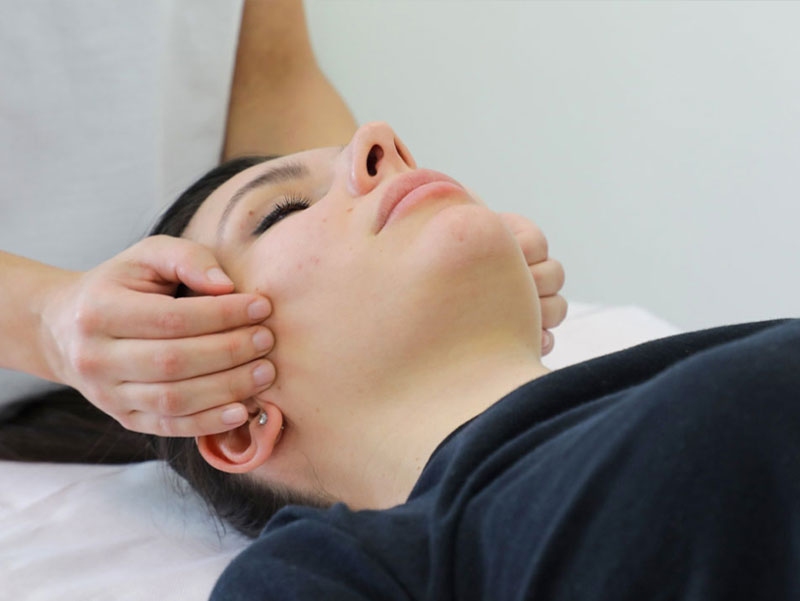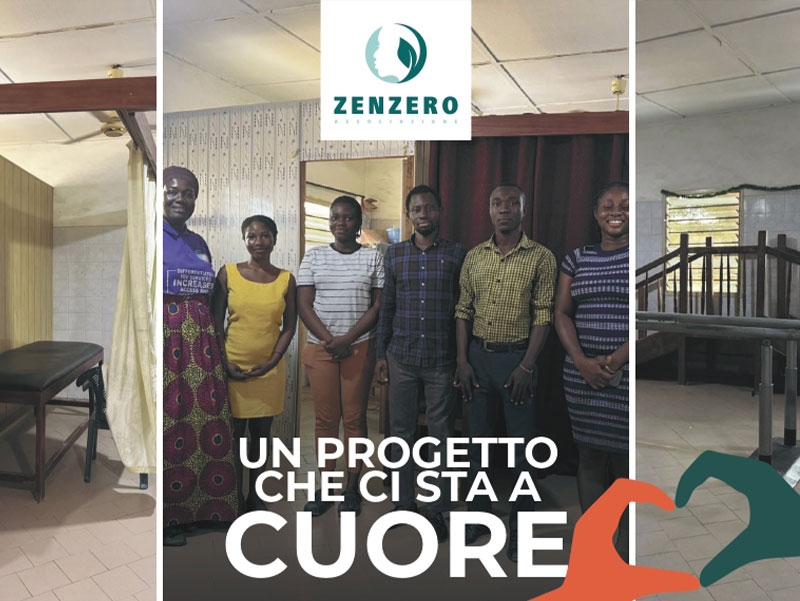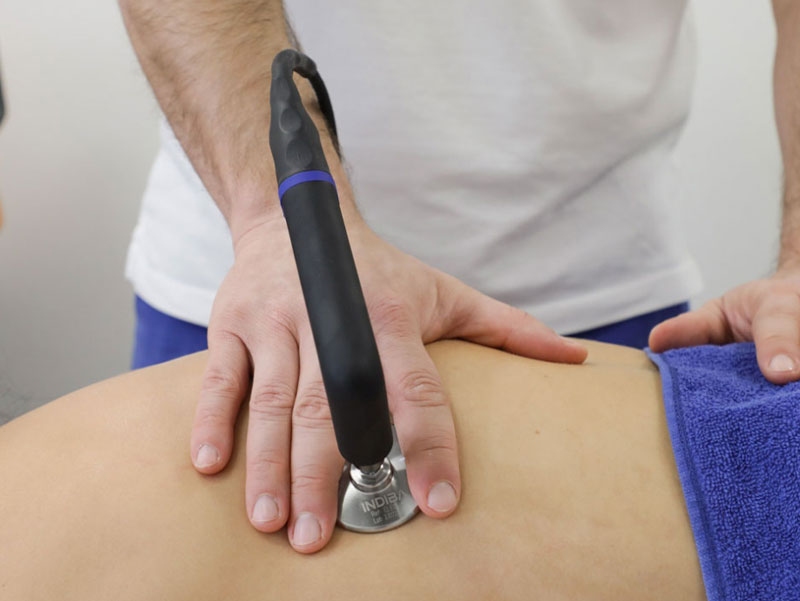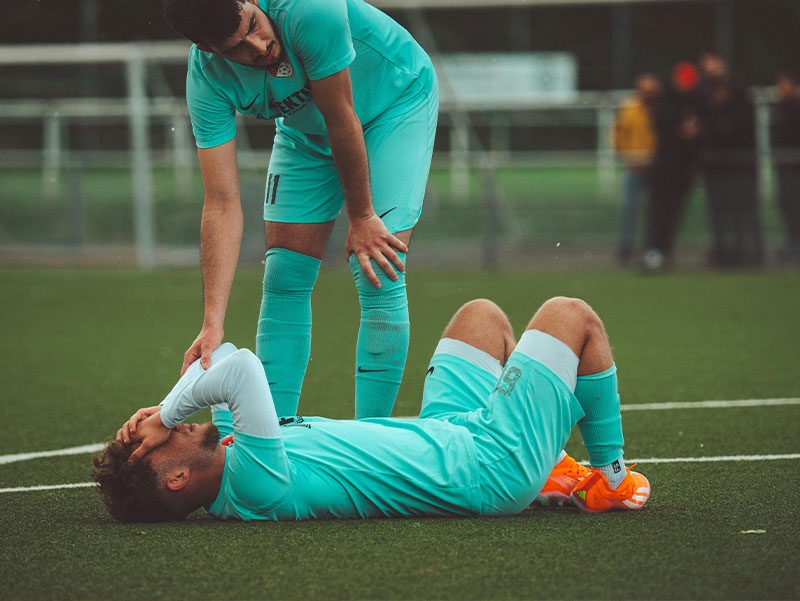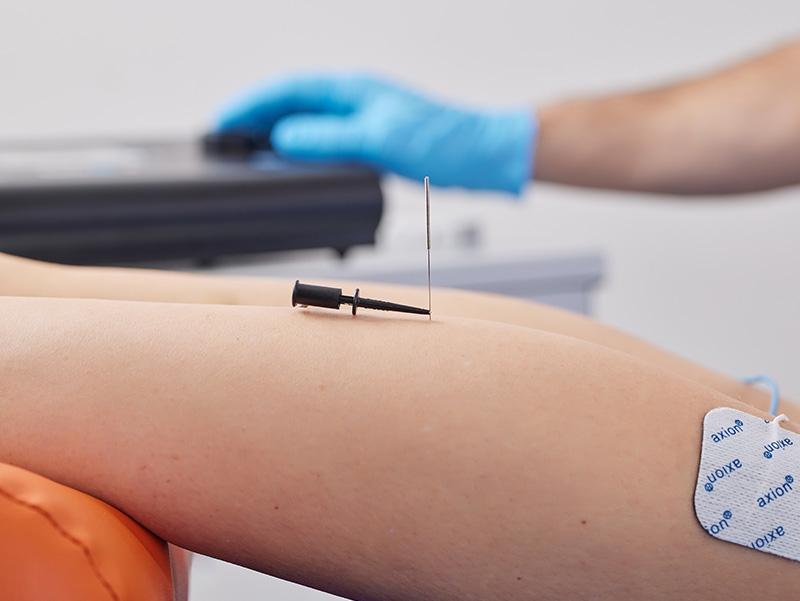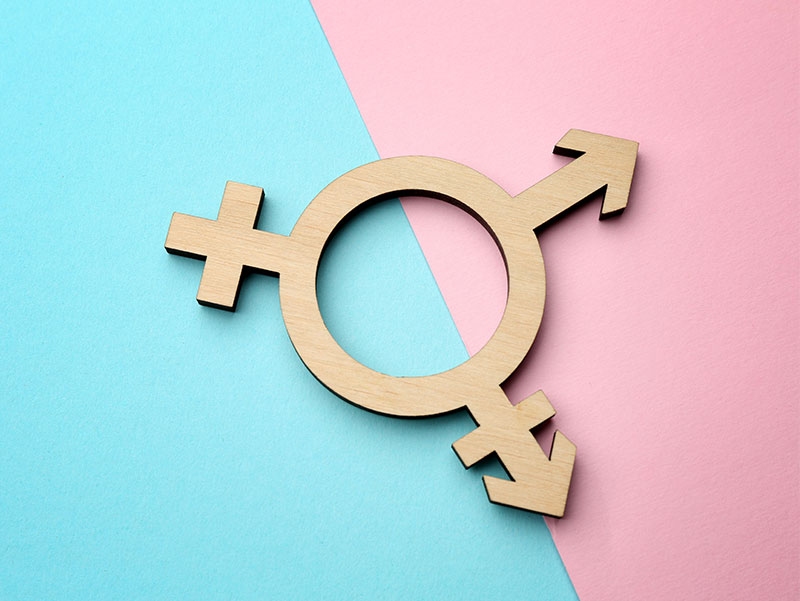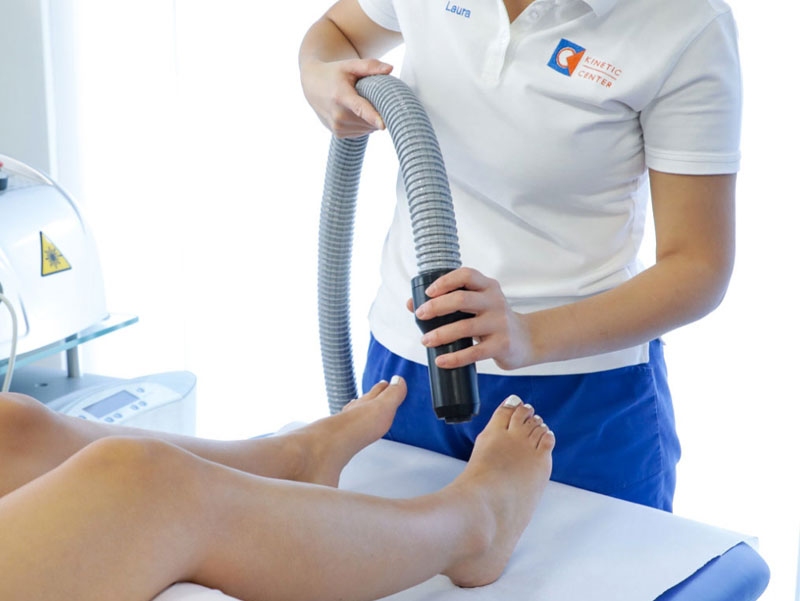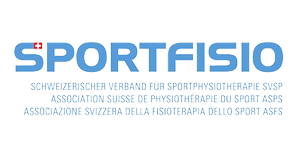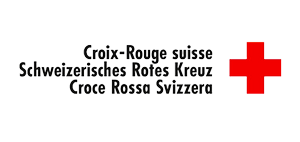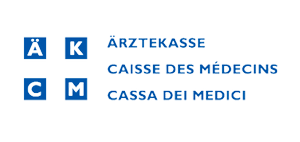Air conditioning has become a summertime essential—whether at work for productivity, at home for rest, or in public spaces for comfort during daily activities and travel.
While it offers welcome relief from the heat, improper use can have negative effects on muscle health, especially for those more sensitive to temperature changes.
In this article, we explore how to enjoy cool indoor environments without the downsides, and how to recognize and manage muscle-related symptoms caused by air conditioning.
Common Risks to Watch For
Muscle Stiffness
Cool air lowers not just the room temperature but also core body temperature. Muscles respond by contracting, which may lead to stiffness and cramps—particularly in people who stay seated for long periods in overly cold spaces (e.g., students, office workers). Direct exposure to a cold airflow can worsen this effect.
Muscle Fatigue
Cold-induced vasoconstriction reduces blood flow to muscles, resulting in less oxygen and nutrient delivery. This can lead to muscle fatigue and long-term weakness.
Worsening of Chronic Conditions
For individuals with chronic muscular conditions like fibromyalgia or arthritis, cold air may exacerbate stiffness and intensify existing pain, making daily life more difficult.
How to Use Your AC Smartly
Set the Right Temperature and Humidity
The ideal indoor temperature is around 22–25°C (71–77°F). Aim to maintain no more than a 5–6°C difference from the outdoor temperature to avoid sudden thermal shocks, which can trigger stiffness and pain. Don’t overlook humidity—dehumidifying the air is often enough to feel cooler without drastically dropping the temperature.
Stay Hydrated
Air conditioning tends to dry out the air, which can contribute to muscle dehydration. Drink plenty of water throughout the day to avoid cramps and fatigue. Carrying a water bottle helps track your fluid intake.
Keep Moving
Movement boosts circulation and keeps your muscles flexible. Try to stand, stretch, or walk for 5 minutes every hour—set a reminder if needed. Gentle stretching exercises can help prevent muscle tightness and imbalances.
What to Do if You Feel Stiffness or Pain
Even with the best habits, exposure to excessive cold or sudden changes in temperature can cause discomfort. When muscle pain or tension arises, it’s important to consult a physiotherapist.
Effective Treatments Include:
- Massage therapy (massotherapy): Eases muscle tension and stiffness
- Ultrasound therapy: Reduces inflammation and boosts circulation
- Tecar therapy: Deeply relaxes muscles, relieves pain, and enhances manual treatment
Each treatment plan is tailored to your needs to deliver the best possible results in the shortest time.
Book your free personalized consultation today at the Kinetic Center.
